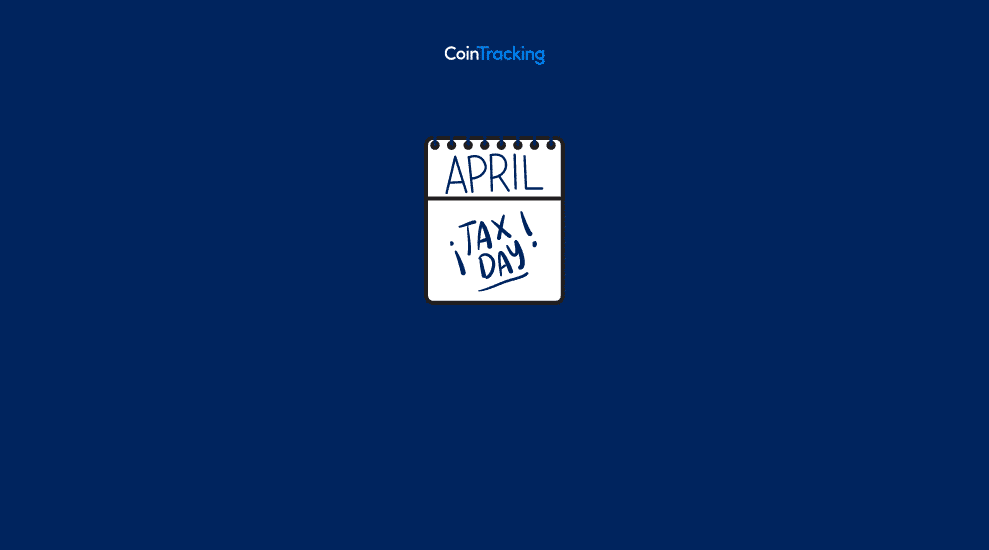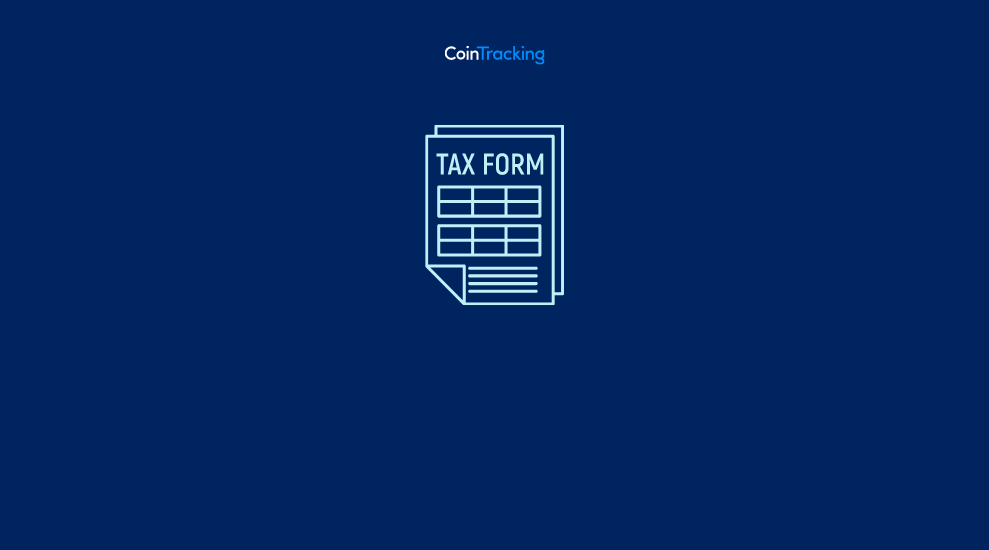How are Bitcoin ETFs taxed?
28 Mar, 2023 · 3 min read
Bitcoin ETFs are new investment vehicles available for investors across countries, including the US. Currently, there are a few options to buy bitcoin through an ETF if you’re in the US, Canada, Brazil, or Europe.
But why should investors buy a Bitcoin ETF instead of buying Bitcoin directly from a crypto exchange? If you buy a Bitcoin ETF, are there any tax advantages? Can investors deduct Bitcoin ETFs fees, and are EFTs taxed at a lower rate?
Let’s find out more about the purpose of holding this type of investment and how Bitcoin ETFs are taxed.
What is the point of a Bitcoin ETF?
Bitcoin ETFs offer an easy and familiar way for traditional investors to get exposure to a new asset class: cryptocurrencies.
Traditional investors like HNWIs, advisors, or family offices use common investment vehicles like ETFs since they offer a high level of convenience and security.
A Bitcoin ETF is an excellent way to promote a new asset class to the majority of traditional investors, including those looking for retirement or who frequently dollar cost average into investments.
Is there a Bitcoin ETF in the US?
Yes. Currently, there are Bitcoin ETFs available for US investors, from mixed funds (blockchain stocks + Bitcoin Futures) to solely Bitcoin Futures-focused ETFs.
Does Bitcoin ETF own Bitcoin?
No, Bitcoin ETFs in the US are usually based on Bitcoin Futures and do not hold Bitcoin directly. The SEC is yet to approve an ETF that directly holds Bitcoin.
However, other countries like Canada have approved spot Bitcoin ETFs, which leads many experts to believe that a similar decision may come in the short future in the US.
How is a Bitcoin ETF taxed?
In the US, when you sell your Bitcoin ETF position, you’ll have a taxable event, subject to long-term or short-term capital gains. In a nutshell, tax treatment for Bitcoin ETFs follows the same rules as for cryptocurrency trades.
Buying shares of a Bitcoin ETF is not taxable while holding it is also not taxable. You’ll only have to face taxes once you sell your Bitcoin ETF positions.
If you hold your Bitcoin ETF for more than 12 months, you’ll face a long-term capital gains tax rate, ranging from 0% to 20%. If you hold a Bitcoin ETF for less than 12 months, you’ll face a short-term capital gains tax rate, ranging from 10% to 37%.
Above an annual income limit, you may have to face an additional 3.8% Net Investment Income Tax (NIIT).
Some ETFs distribute dividends, though this is not expected in the case of Bitcoin ETFs. If you receive any dividend from a Bitcoin ETF, you would be subject to ordinary income taxes.
Are Bitcoin ETF expenses tax-deductible?
A popular Bitcoin ETF in the US – ProShares Bitcoin Strategy ETF – has a 0.95% expense ratio, meaning you’ll have to pay 0.95% over the total amount you invest in the Bitcoin ETF. Each time you purchase a Bitcoin ETF, you’ll have to pay this expense ratio.
The expense decreases the remaining value of your ETF because part of your investment return is used to pay for the expense. This indirectly reduces your gain when you sell the ETF. This is similar to the trading fees you pay when selling a stock.
Do I need to report a Bitcoin ETF on my taxes?
When you sell your Bitcoin ETF for a gain/loss, you need to report it on your tax return.
You only need to report when you sell your Bitcoin ETF. You should report your gain/loss on Form 8949 and Schedule D of your Form 1040.
If you also received any interest or dividend from a Bitcoin ETF, you’ll have to report it as ordinary income in your income tax return, just like for traditional interest or dividend income you received.
Share this









